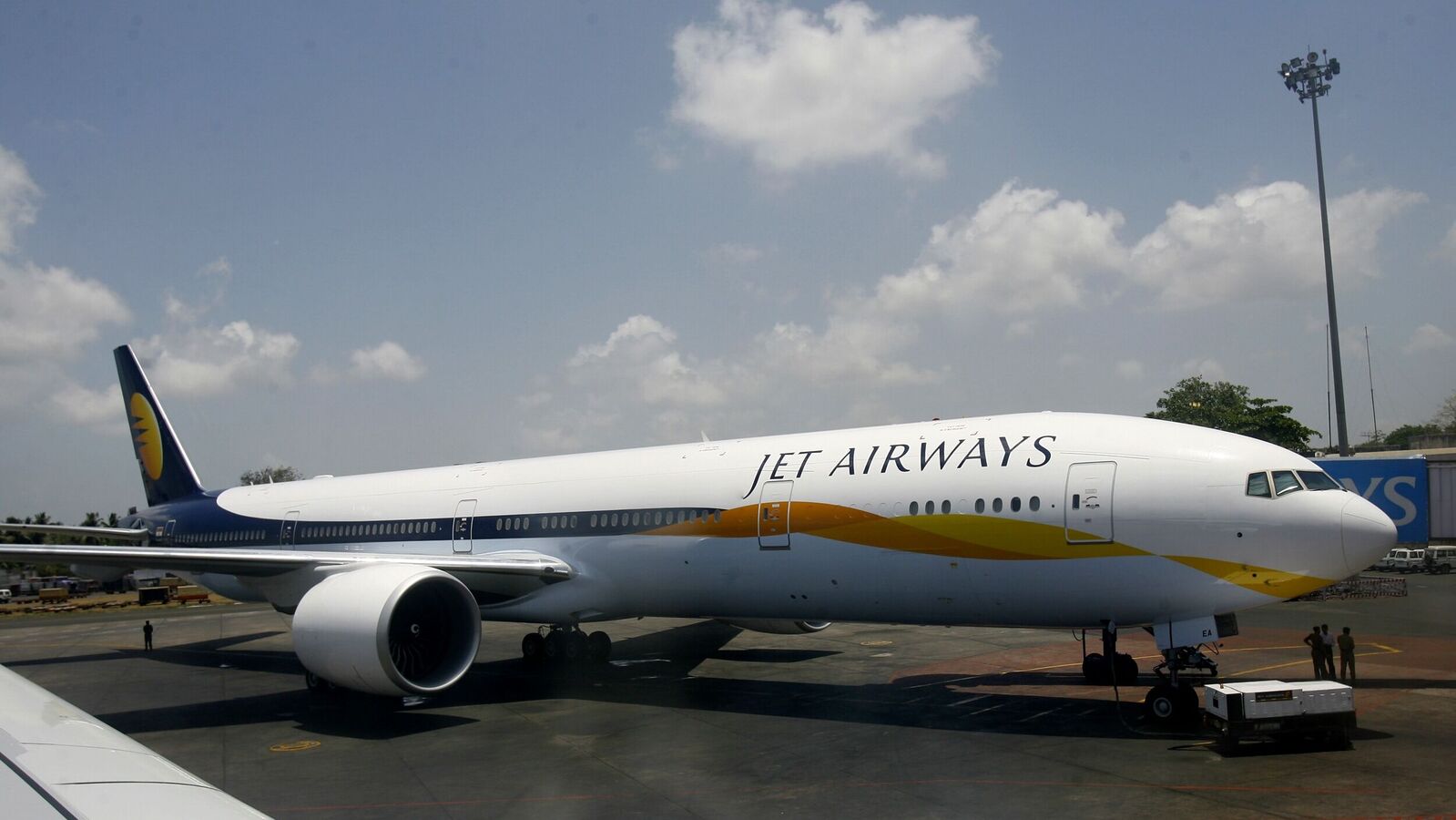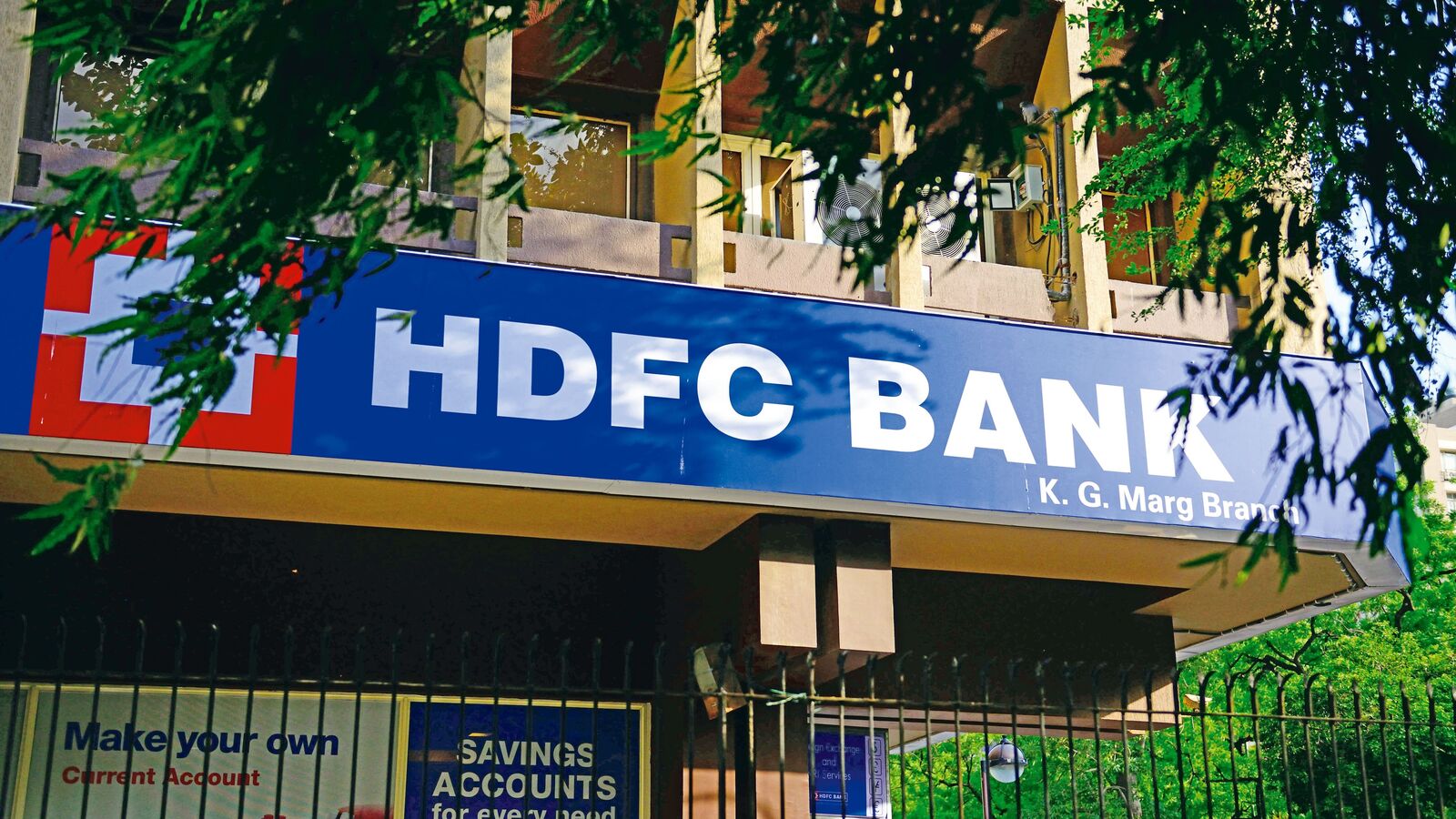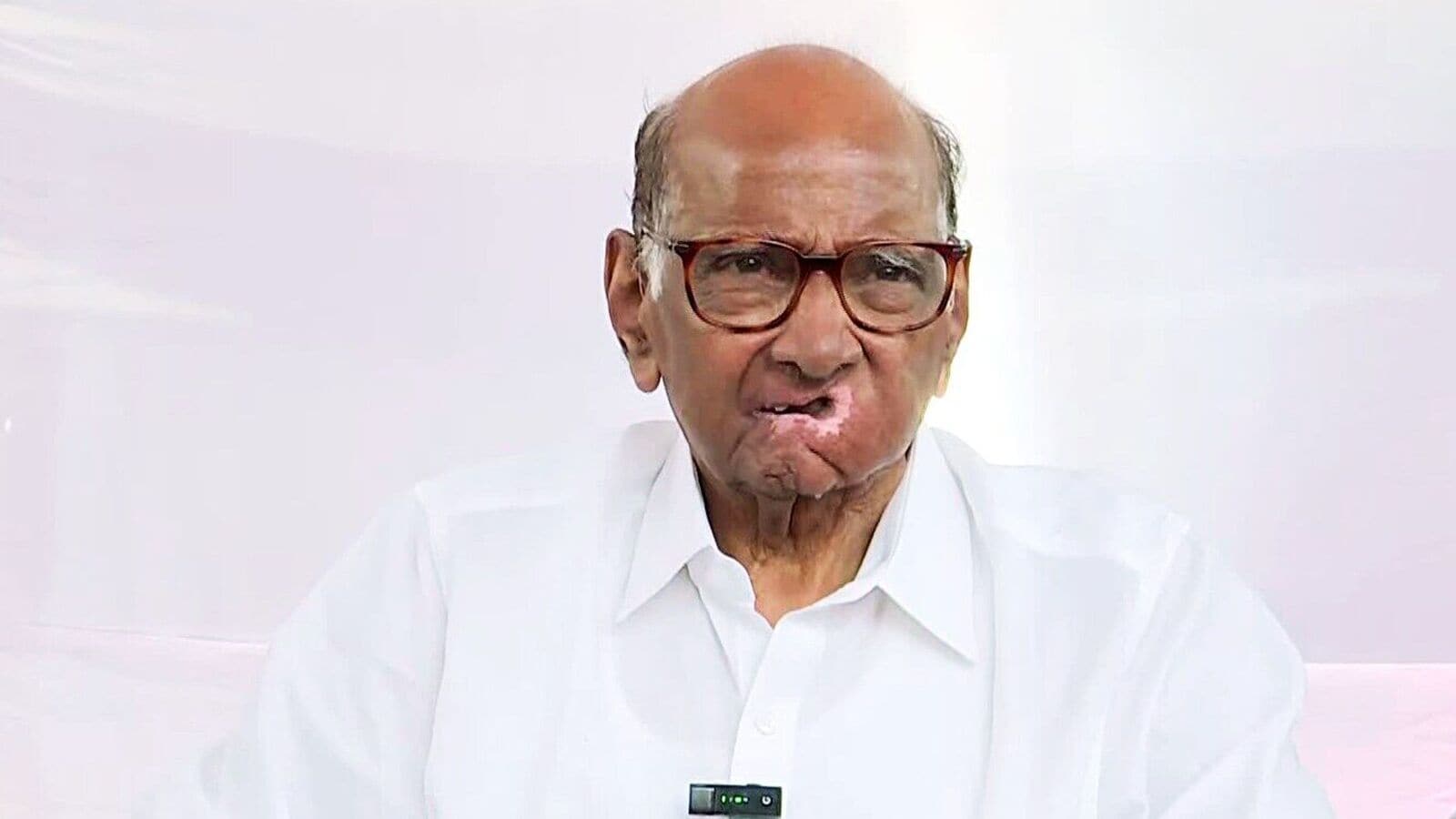[ad_1]
The Supreme Court ordered the liquidation of Jet Airways on Thursday, November 7, after it found that the successful bidder for the airline, Jalan-Kalrock Consortium, failed to comply with the revival plan. The ruling ends years of legal battles and the chances of the airline’s revival and raises concerns over India’s insolvency framework.
Top 10 things to know from the verdict
Supreme Court Orders Jet Airways’ Liquidation
The Supreme Court court found that the Jalan-Kalrock Consortium (JKC) failed to meet key obligations in the resolution plan.
Failure to Fulfill Resolution Plan Conditions
JKC failed to inject the promised ₹350 crore in the first tranche, clear worker dues, and settle crucial airport fees, prompting the court to declare that liquidation was the only way for creditors to recover some of their dues.
Set Aside NCLAT’s March 2024 Ruling
The Supreme Court overturned the March 2024 order by the National Company Law Appellate Tribunal (NCLAT), which had upheld JKC’s control over the airline. The Court criticized NCLAT for not fully considering the facts and JKC’s non-compliance with the resolution plan.
Supreme Court Uses Article 142 for Liquidation
Citing its powers under Article 142 of the Constitution, the Supreme Court ruled for liquidation, stating that JKC’s failure to fulfil its obligations left no viable path for the airline’s revival.
Lenders Lead the Appeal for Liquidation
The appeal for liquidation was led by lenders, including the State Bank of India (SBI), who argued that JKC’s resolution plan was “unworkable” and that the consortium had not delivered on its commitments, resulting in financial losses.
Prolonged Legal Battle with Delays in Execution
Jet Airways, once India’s largest airline, went bankrupt in 2019. JKC’s plan to revive the airline faced significant delays, with legal battles dragging on for over five years and the resolution plan remaining largely unimplemented.
Concerns Over JKC’s Financial Contributions
Despite JKC’s initial promises, the consortium had only deposited ₹200 crore of the ₹350 crore required under the plan. The lenders also pointed out that JKC had failed to meet other critical obligations, including securing an air operator certificate and international rights.
Impact of Delays: ₹22 Crore Monthly Losses
The prolonged delays in reviving Jet Airways resulted in ₹22 crore in monthly losses for the airline due to the maintenance of its assets. Additionally, Jet Airways owed around ₹7,500 crore to its creditors, further complicating the situation.
Lenders Accuse JKC of Sabotaging Revival Efforts
The lenders accused JKC of intentionally stalling the airline’s revival, claiming that JKC’s actions were designed to push the airline closer to liquidation to sell its assets rather than revive operations.
Broader Questions on India’s Insolvency Framework
The liquidation raises serious concerns about the effectiveness of India’s Insolvency and Bankruptcy Code (IBC), especially in handling airline restructurings. This ruling follows the failure of another airline, Go First, which has also filed for liquidation, amplifying doubts over the viability of airline revival plans under the current framework.
[ad_2]
Source link










Leave a Reply